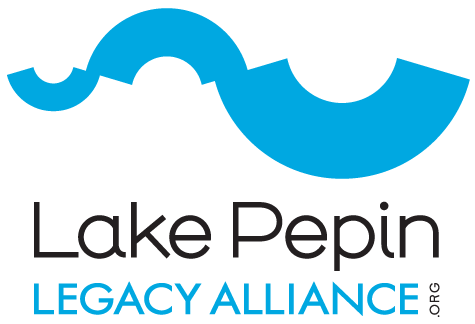Like many waters in southern Minnesota, it is impaired by excess sediment and phosphorus, both of which threaten cascading impacts that could eventually lead to ecological collapse. Sediment accumulation is a particular concern since it is causing social impacts, such as reduced accessibility to upstream areas and adjacent communities.
A sustainable solution will require upstream mitigation, but local restoration is also necessary to manage the cumulative impacts and sustain current uses on the lake.
The Lake Pepin Legacy Alliance, based in Red Wing, has spearheaded a project to rejuvenate the area most impacted by sediment. The project has received widespread support, but some local stakeholders question the sustainability of the project. Is it worth the $10 million price tag if sediment will continue to accumulate? Would it be more cost-effective to allocate the money upstream to directly address the erosion sources?
Unfortunately, waiting for upstream sediment reduction is a luxury that the ecosystem and communities can no longer afford. Restoration needs to be a component of the long-term strategy to save Lake Pepin, starting now.
